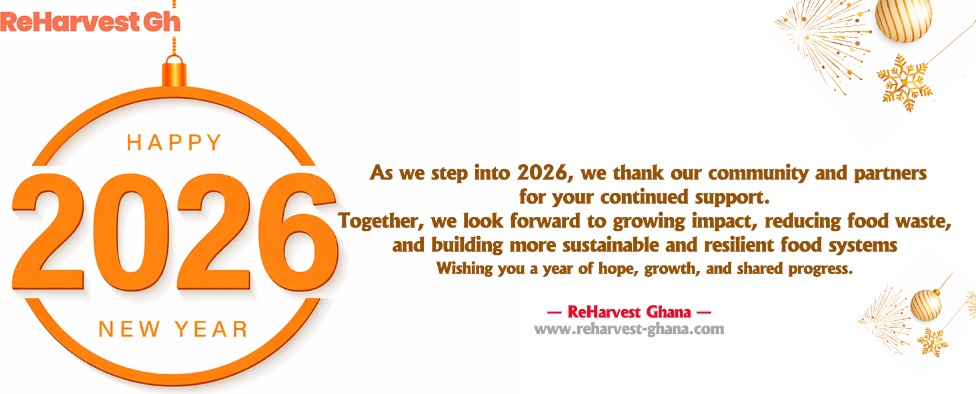The Hunger-Food Waste Paradox in Ghana Despite significant progress in agricultural development, food insecurity continues to affect millions in Ghana. According to the Food and Agriculture Organization (FAO), approximately 12.8 percent of the population, representing over 4 million people, were undernourished as of 2022 (FAO, 2023). Rural areas face the greatest burden, but hunger is increasingly urbanized, with low-income communities in cities like Accra, Kumasi, and Tamale experiencing rising levels of food poverty. Child malnutrition remains especially acute. The 2022 Ghana Demographic and Health Survey reported that stunting affects 18.1 percent of children under five, while wasting, a more severe form of acute malnutrition, afflicts 6 percent.
These figures are not merely numbers but indicators of entrenched systemic gaps in access, affordability, and nutrition. In stark contrast to this food insecurity, Ghana also generates a staggering volume of food waste. The Ministry of Food and Agriculture (MoFA) estimates that 30 to 40 percent of all food produced is lost or wasted along the value chain, from farms and markets to restaurants and households. This paradox highlights a deeply inefficient system where surplus and scarcity coexist without coordinated redistribution mechanisms.
Food Waste and Environmental Harm Beyond its ethical and economic implications, food waste poses a serious environmental threat. When organic waste decomposes in landfills, it emits methane, a greenhouse gas that is 28 times more potent than carbon dioxide in trapping heat (IPCC, 2021). In Accra alone, food waste constitutes nearly 65 percent of household solid waste, clogging drainage systems, contributing to flooding, and accelerating urban pollution (Zoomlion Foundation, 2022). Moreover, the disposal of edible food squanders the resources used in its production, including water, land, and energy, amplifying Ghana’s ecological footprint unnecessarily. The FAO calculates that the global environmental cost of food wastage is approximately 3.3 billion tons of CO₂-equivalent emissions per year, a share to which Ghana contributes through avoidable agricultural loss and inefficient post-consumer disposal. The Urgency for Intervention In the face of this dual crisis, endemic hunger and escalating food waste, a more circular and just food system is imperative. The challenge is not the absolute shortage of food, but rather a failure of distribution, access, and waste governance. Addressing these issues requires both immediate action and systemic innovation. ReHarvest Ghana was established to respond to this urgent need. By recovering surplus food and redirecting it to those in need, while simultaneously training youth in sustainable agriculture, we aim to transform how Ghana values food, not as a commodity to be wasted, but as a shared resource to be stewarded.
We envision a Ghana where no edible food is wasted, and where food security coexists with youth empowerment. By creating efficient food recovery pathways and investing in local human capital, ReHarvest Ghana promotes a circular food economy grounded in equity, sustainability, and community solidarity. Our Mission Ghana without hunger!
425 Riverbend Pkwy Athens, GA 30605. | Phone: +1 (508) 810 7851 • +233 57 270 6248 | Email: reharvestgh@gmail.com
Copyright © ReHarvest Ghana – 2025. All Rights Reserved
